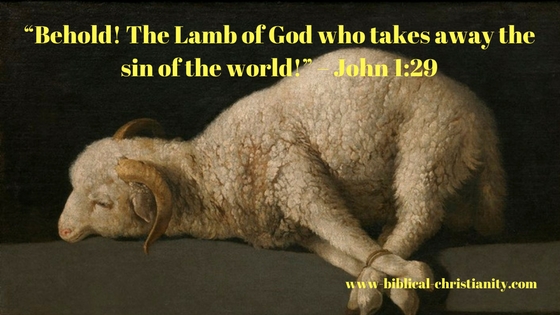Jesus Christ is the Passover Lamb
Passover or “Pesach” in Hebrew is a feast celebrated by Jews all around the world commemorating the exodus of the Israelites from Egypt. But Passover and the story of the exodus have great significance for Christians too. The Bible tells us that Jesus Christ is the Passover Lamb (1 Corinthians 5:7). Origin of Passover The … Read more

